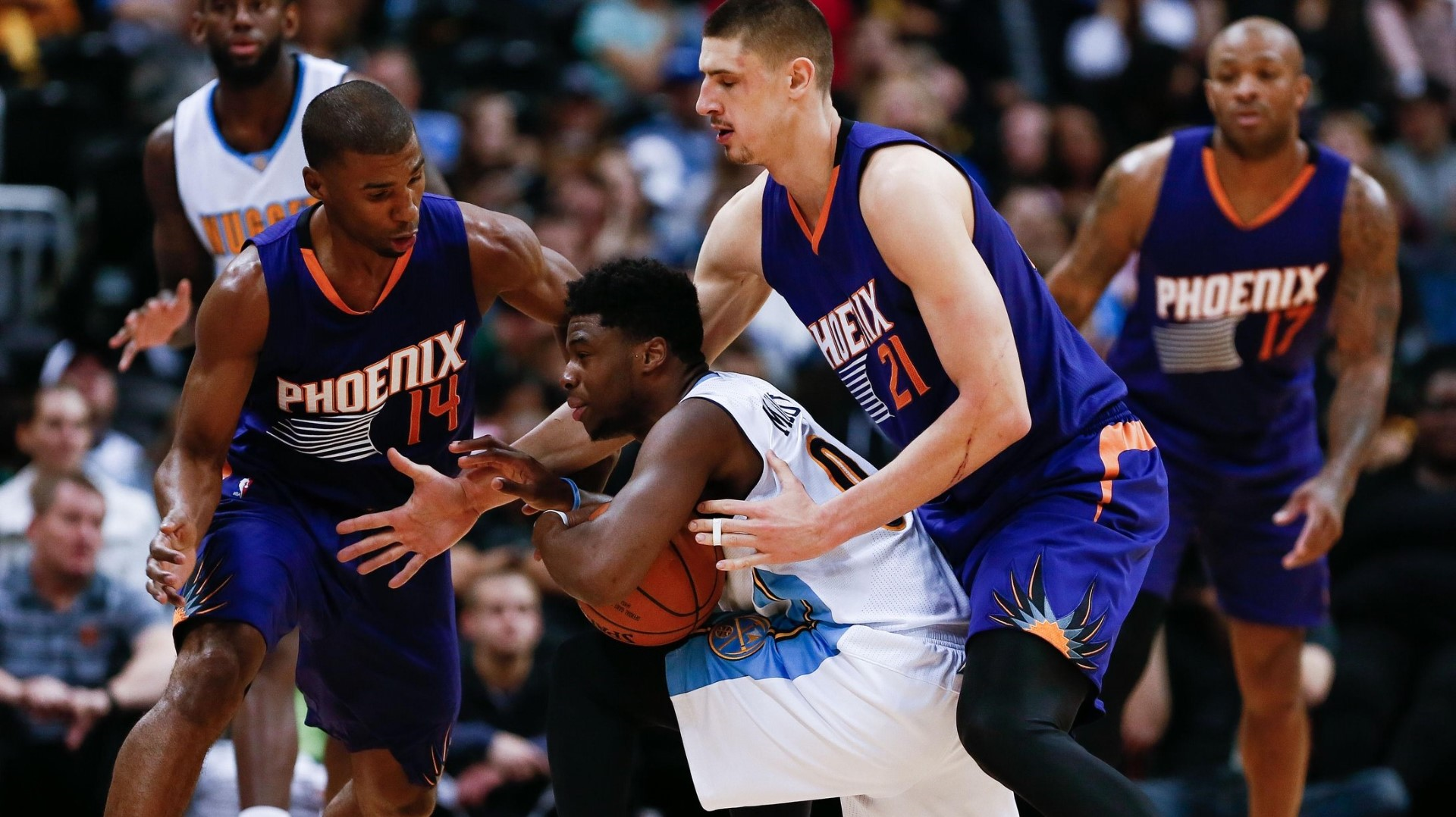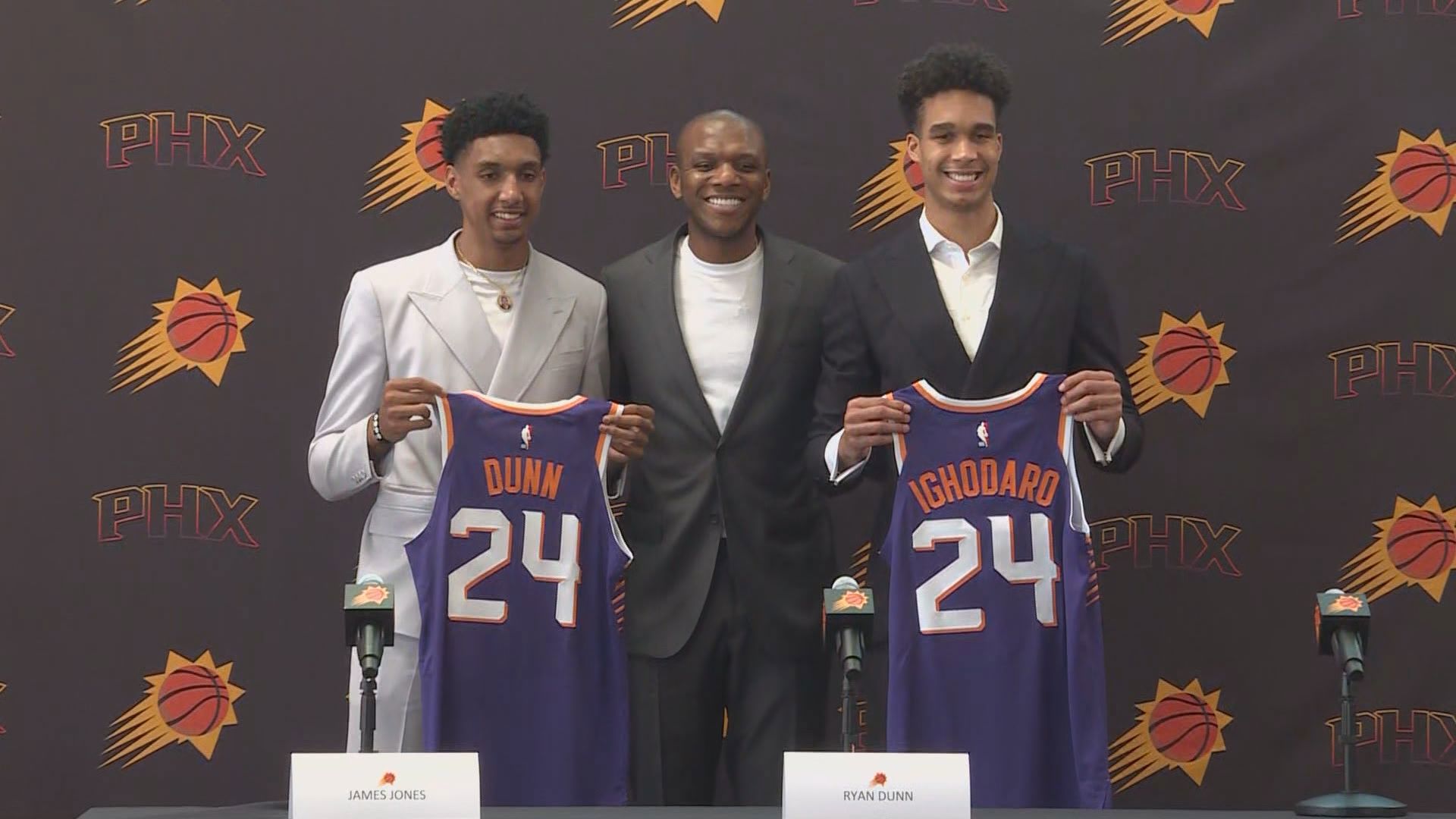The NBA has reduced the number of timeouts per game and reduced the number of timeouts a team can call in the final two minutes of the game and in overtime in an effort to speed up the pace.
The maximum number of timeouts per game has been reduced from 18 to 14 and teams can now call just two timeouts – instead of three – in the final three minutes of regulation. Also, teams now have just two timeouts to use per overtime session instead of three.
“These changes will help us fulfill our goal of improving game flow and pace of play,” NBA president of league operations Byron Spruell said in a statement. “Fewer stoppages and less time without action, especially at the end of a game, will further enhance the viewing experience for our fans.”
The league also moved the trade deadline to the Thursday 10 days before the All-Star Game. For the 2017-18 season, the trade deadline is Feb. 8.
“With the new placement of the trade deadline, teams will be able to settle their rosters before the All-Star break and avoid the disruptions that result from players joining new teams just as practices and games are beginning to resume following the All-Star break,” the NBA said in a statement.
The NBA announced the rules changes following the league’s summer Board of Governors’ meeting in Las Vegas. These changes take place starting with the 2017-18 season.
Other changes introduced to aid game flow and pace of play:
Each team will have seven timeouts with no restrictions per half, and all timeouts will be 75 seconds. Previously, full timeouts were 90 seconds and 20-second timeouts were 60 seconds. There are no longer full timeouts and 20-second timeouts – just timeouts lasting 75 seconds.
All four quarters will have two mandatory timeouts after the first stoppage of play under seven minutes and under three minutes.
Each team can enter the fourth quarter with up to four timeouts.
Halftime will last 15 minutes, starting immediately at the conclusion of the second quarter.
Referees will assess a delay-of-game violation if a foul shooter goes beyond the three-point line in between attempts.
Follow USA TODAY Sports' Jeff Zillgitt on Twitter @JeffZillgitt.


